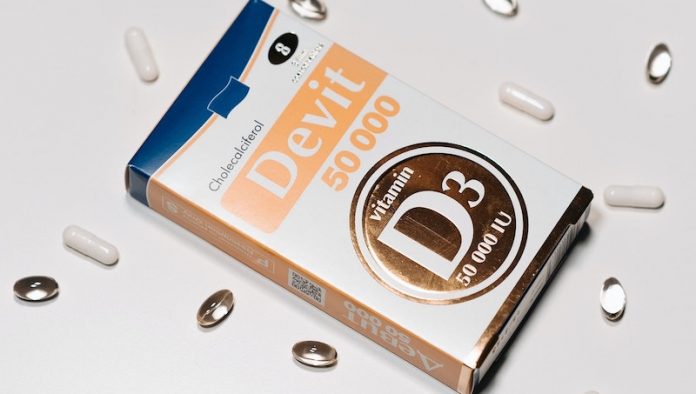
Scientists from the University of Eastern Finland found that a good vitamin D status can help with cancer prevention and in the prognosis of several cancers.
The anti-cancer effects of vitamin D are especially strong in the prevention and treatment of colon cancer and blood cancers.
In addition, high vitamin D responsiveness can be linked to smaller cancer risks. Vitamin D responsiveness varies between individuals, affecting their need for vitamin D supplementation.
The finding provides important information about the molecular basis of vitamin D signaling and its role in cancer prevention and therapy.
The research is published in Seminars in Cancer Biology and was conducted by Professor Carsten Carlberg et al.
Vitamin D is commonly known for its crucial role in bone health, but the researchers point out it also regulates the immune system, and its anti-cancer effects are mediated mainly by immune cells, such as monocytes and T cells.
According to the researchers, studies focusing on the effect of vitamin D on different types of cancers provide the strongest evidence of its benefits in colorectal cancer and in blood cancers, such as leukemias and lymphomas.
Vitamin D is important both for the differentiation of blood cells during hematopoiesis as well as adult stem cells in rapidly regenerating tissues, such as the colon or skin.
A too-low vitamin D status leads to a higher risk that these cells are not fully differentiating and start to turn into uncontrolled growing cancer cells.
Even in other types of cancer, such as breast and prostate cancer, a low vitamin D status, measured as the level of 25-hydroxyvitamin D in the blood, has been associated with a higher cancer incidence and a poorer prognosis.
The team says the impact of vitamin D could be shown more clearly if the participants were stratified according to their individual vitamin D responsiveness and the health outcomes analyzed in relation to changes in individual vitamin D status.
For example, 25% of the Finnish population seem to be low responders, needing a higher dose of vitamin D supplementation to reach the full clinical benefit.
In terms of cancer risk, being a high responder can be expected to have a protective effect.
If you care about cancer risk, please read studies about inexpensive drug that could help treat cancer, and aspirin could cut cancer death by 20%.
For more information about health, please see recent studies about what you need to know about supplements and cancer, and results showing that COVID-19 booster shot can help most people with cancer.
Copyright © 2022 Knowridge Science Report. All rights reserved.



